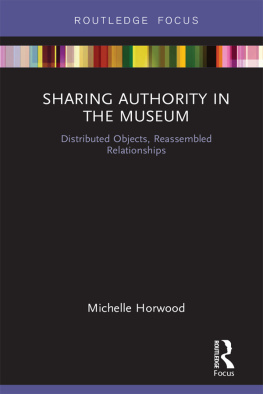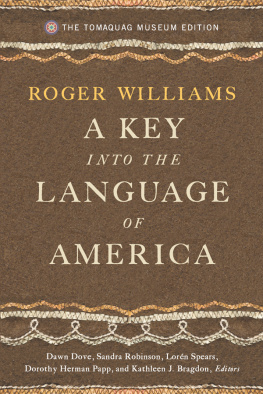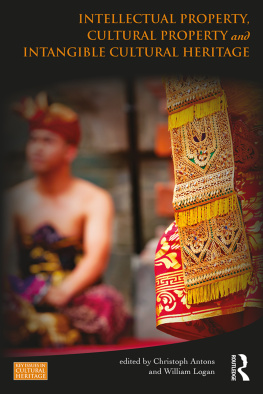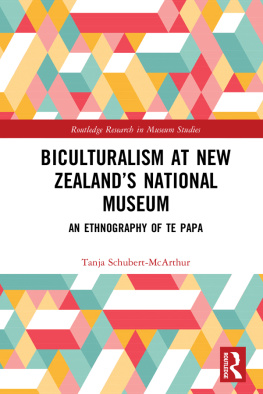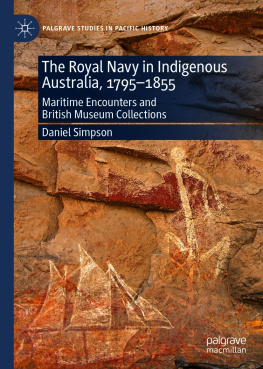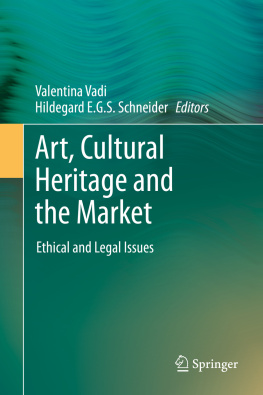Michelle Horwood - Sharing Authority in the Museum: Distributed objects, reassembled relationships
Here you can read online Michelle Horwood - Sharing Authority in the Museum: Distributed objects, reassembled relationships full text of the book (entire story) in english for free. Download pdf and epub, get meaning, cover and reviews about this ebook. year: 2018, publisher: Routledge, genre: Home and family. Description of the work, (preface) as well as reviews are available. Best literature library LitArk.com created for fans of good reading and offers a wide selection of genres:
Romance novel
Science fiction
Adventure
Detective
Science
History
Home and family
Prose
Art
Politics
Computer
Non-fiction
Religion
Business
Children
Humor
Choose a favorite category and find really read worthwhile books. Enjoy immersion in the world of imagination, feel the emotions of the characters or learn something new for yourself, make an fascinating discovery.
- Book:Sharing Authority in the Museum: Distributed objects, reassembled relationships
- Author:
- Publisher:Routledge
- Genre:
- Year:2018
- Rating:3 / 5
- Favourites:Add to favourites
- Your mark:
Sharing Authority in the Museum: Distributed objects, reassembled relationships: summary, description and annotation
We offer to read an annotation, description, summary or preface (depends on what the author of the book "Sharing Authority in the Museum: Distributed objects, reassembled relationships" wrote himself). If you haven't found the necessary information about the book — write in the comments, we will try to find it.
Sharing Authority in the Museum provides a detailed and fully contextualised study of a heritage assemblage over time, from the mid-nineteenth century to the present day. Focussing on Mori objects, predominantly originating from the Ng Paerangi tribe, housed in Oxfords Pitt Rivers Museum, the book examines thenuances of cross-cultural interactions between an indigenous community and an anthropological museum.
Analysis centres on the legacy of historic ethnographic collecting on indigenous communities and museums, and the impact of different value systems and world views on access to heritage objects. Questions of curatorial responsibilities and authority over access rights are explored. Proposing a method for indigenous engagement to address this legacy, and making recommendations to guide participants when forging relationships based around indigenous cultural heritage, Michelle Horwood shows how to negotiate power and authority within these assemblages. She argues that by doing this and acknowledging and communicating our difficult histories, together we can move from collaborative approaches to shared authority and indigenous self-determination, progressing the task of decolonising the museum.
Addressing a salient, complex issue by way of a grounded case study, Sharing Authority in the Museum is key reading for museum practitioners working with ethnographic collections, as well as scholars and students working in the fields of museum, heritage, Indigenous or cultural studies. It should also be of great interest to indigenous communities wishing to take the lessons learned from Ng Paerangis experiences further within their own spheres of museum engagement.
Michelle Horwood: author's other books
Who wrote Sharing Authority in the Museum: Distributed objects, reassembled relationships? Find out the surname, the name of the author of the book and a list of all author's works by series.

